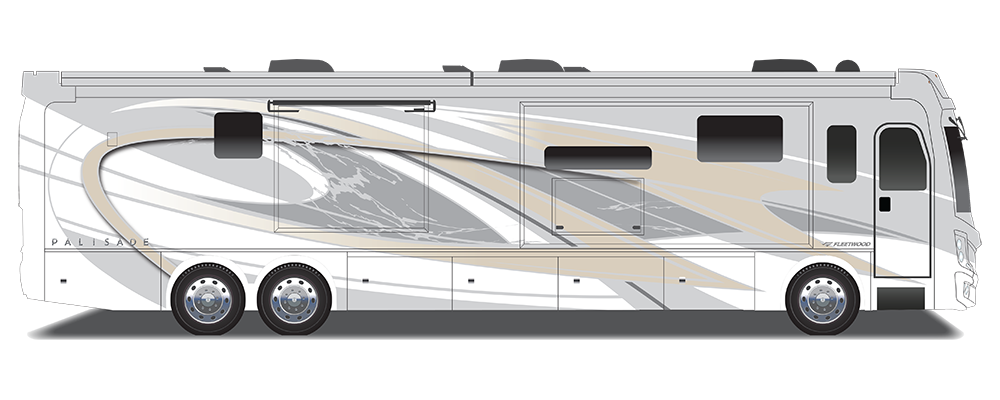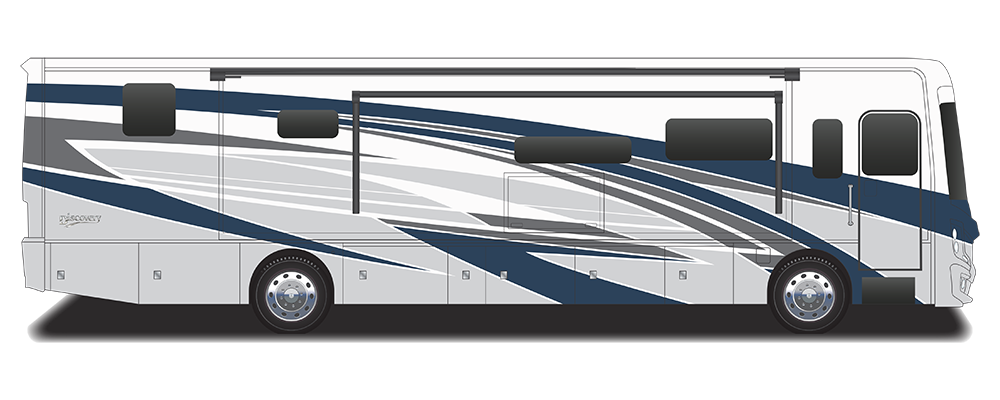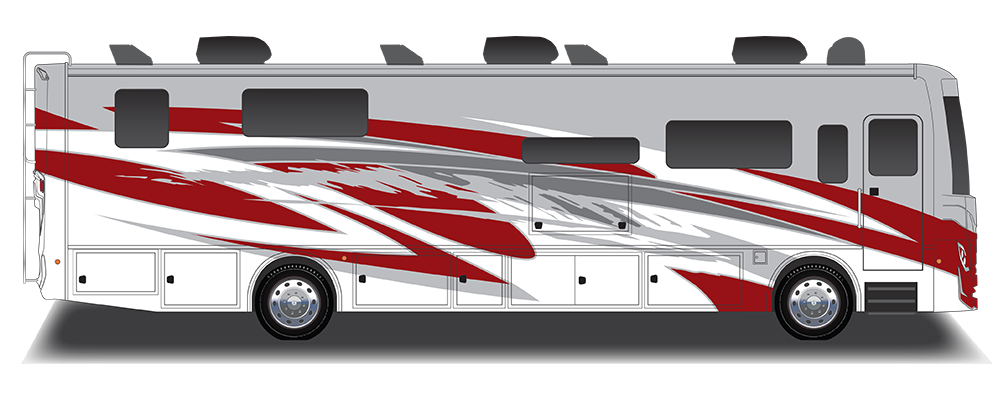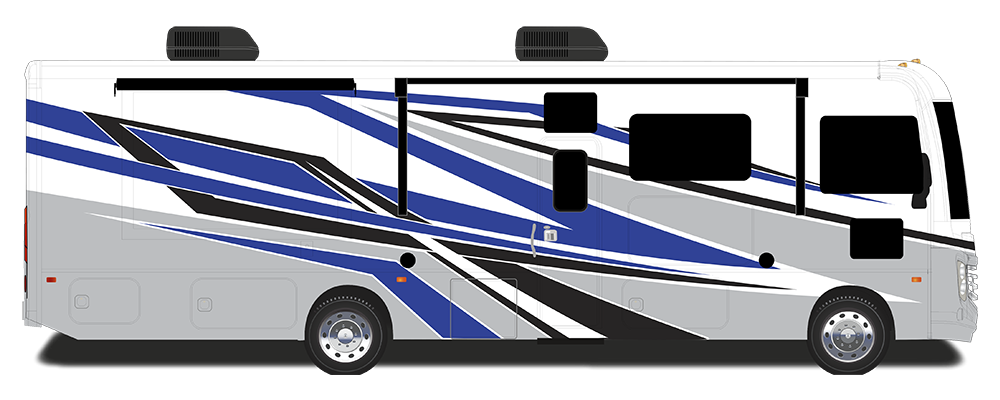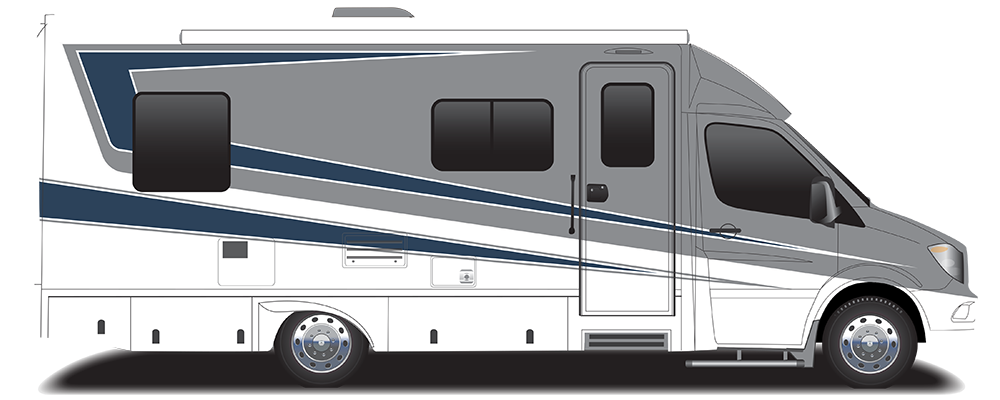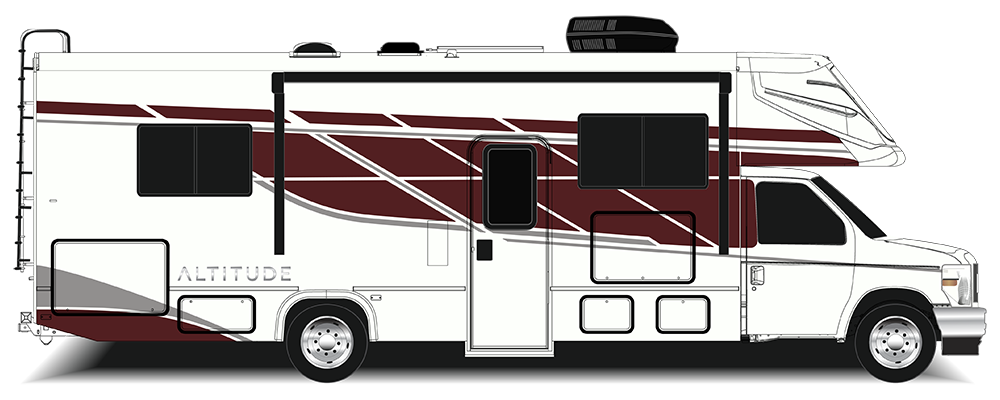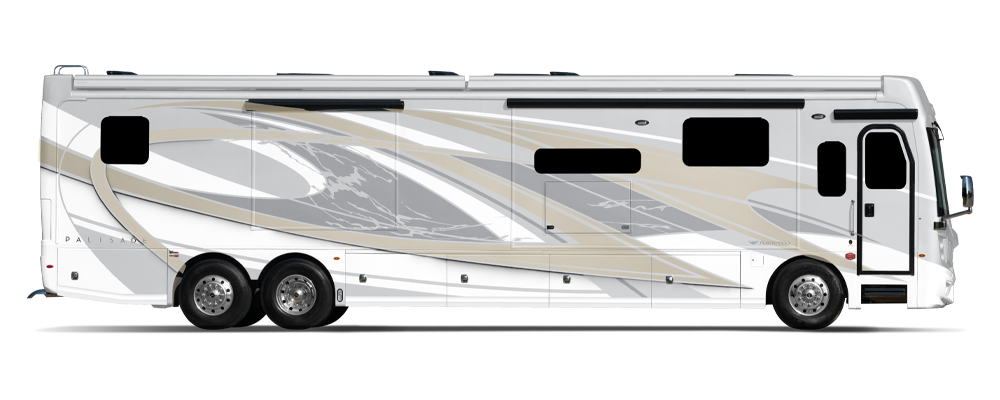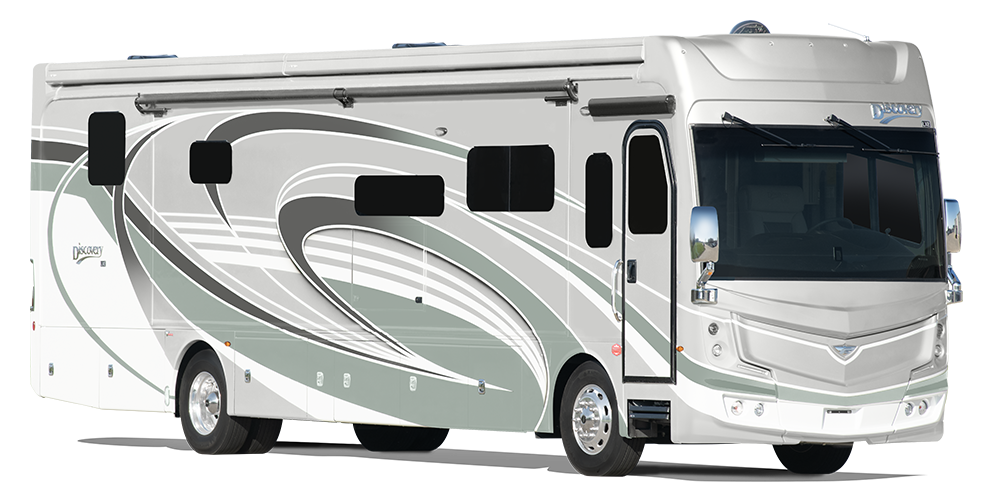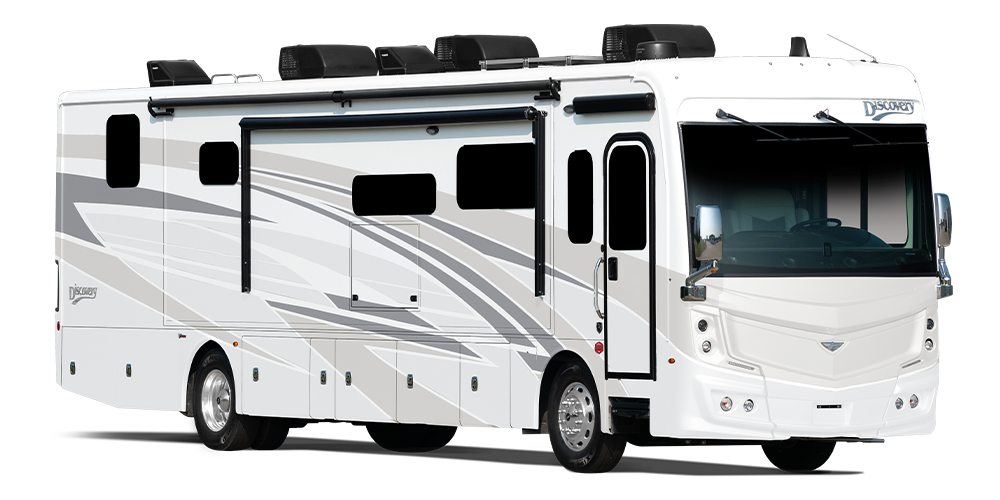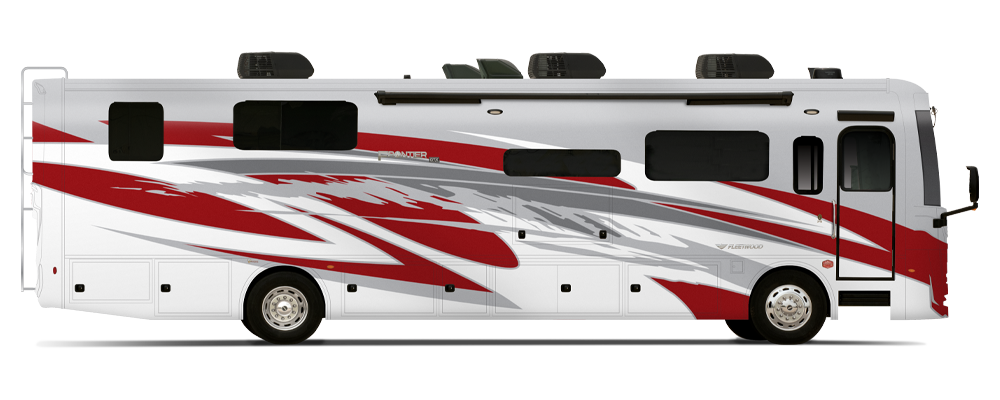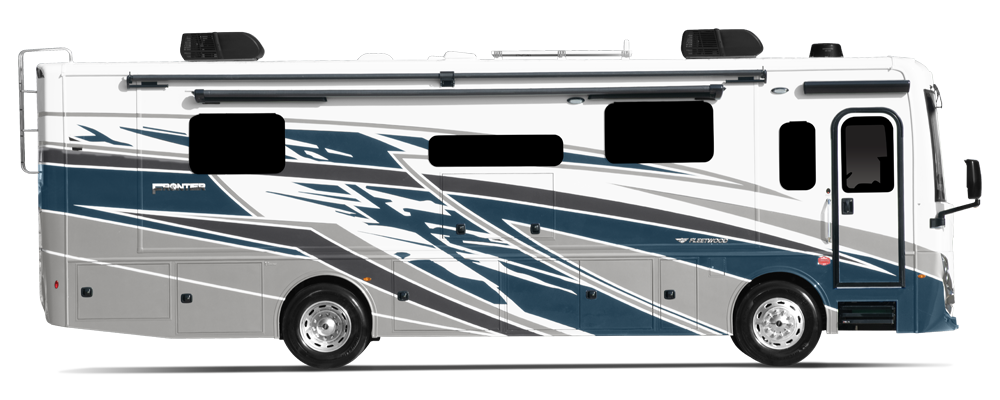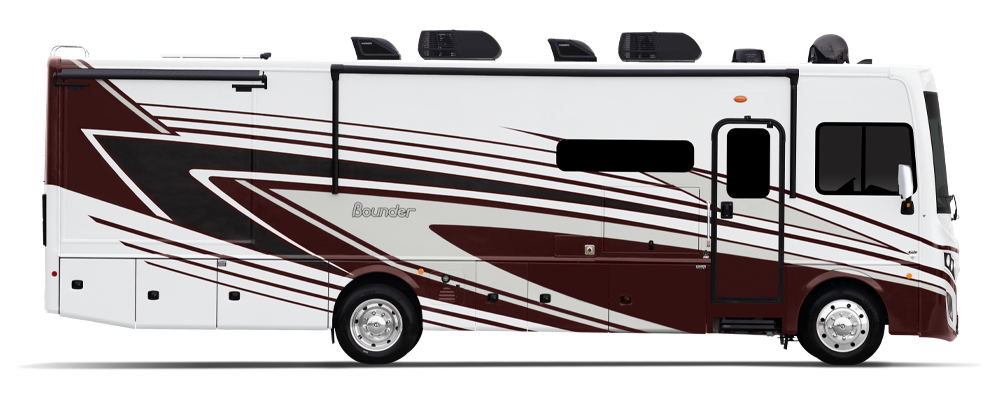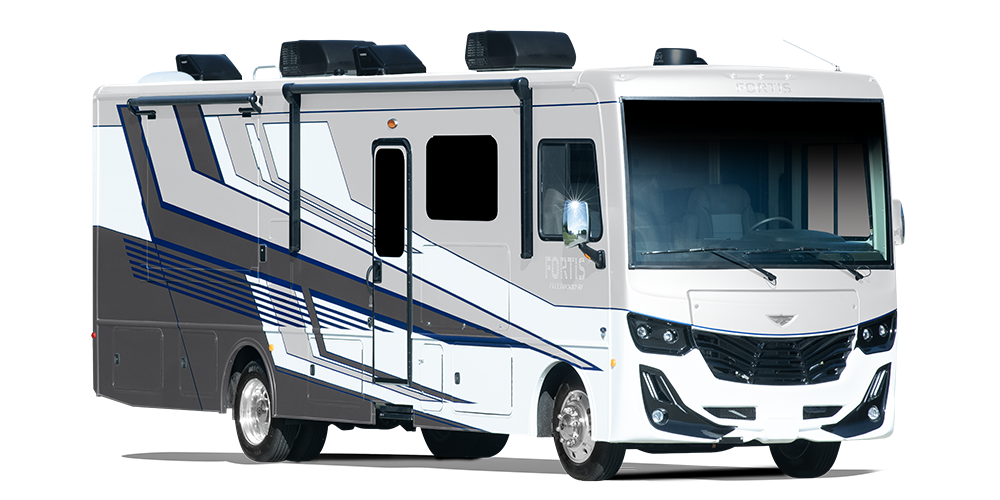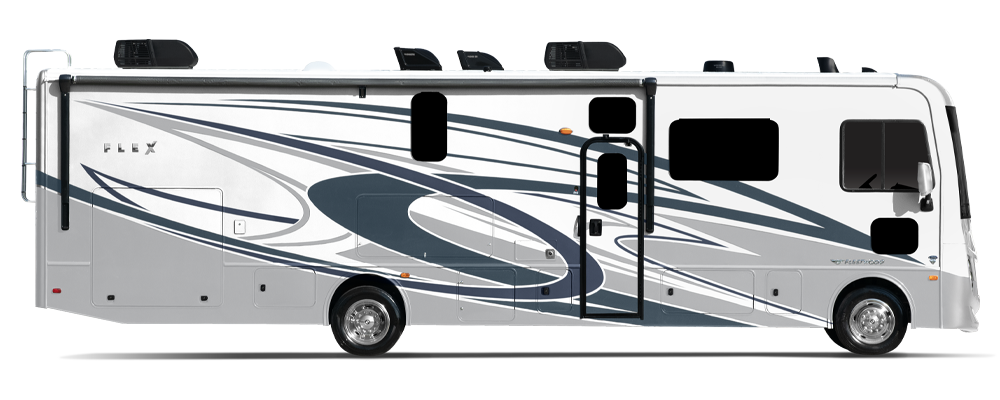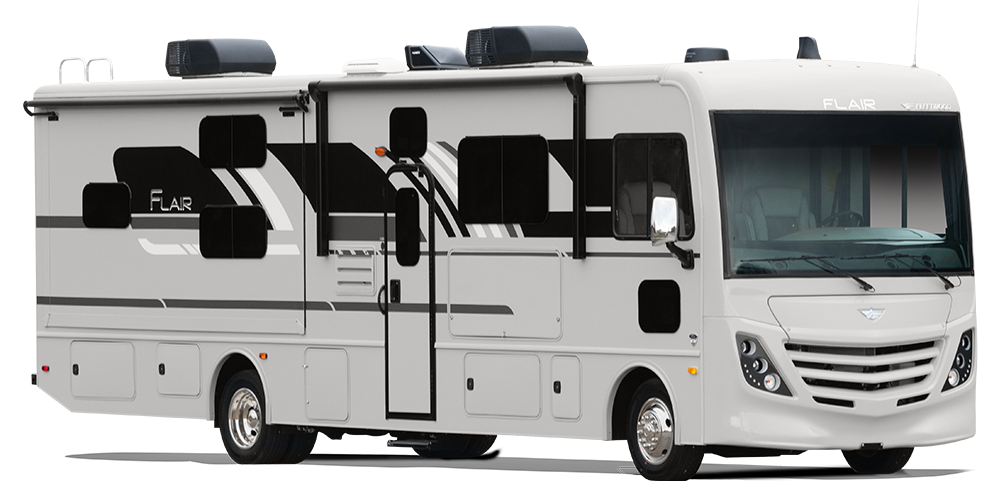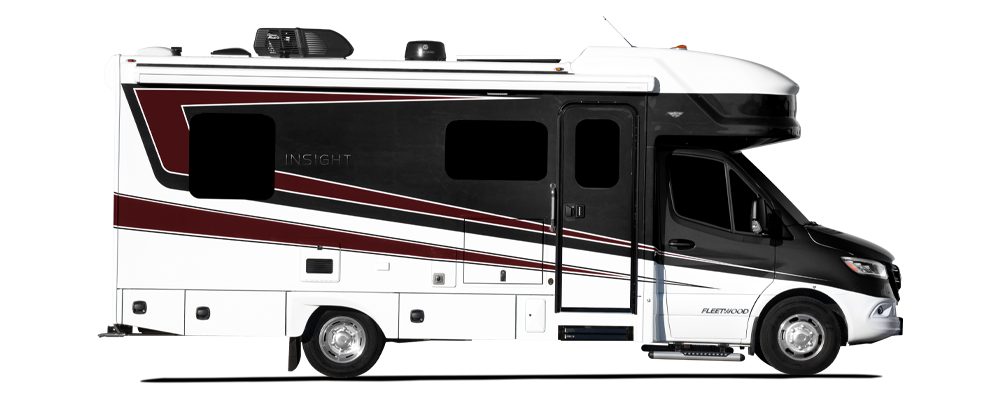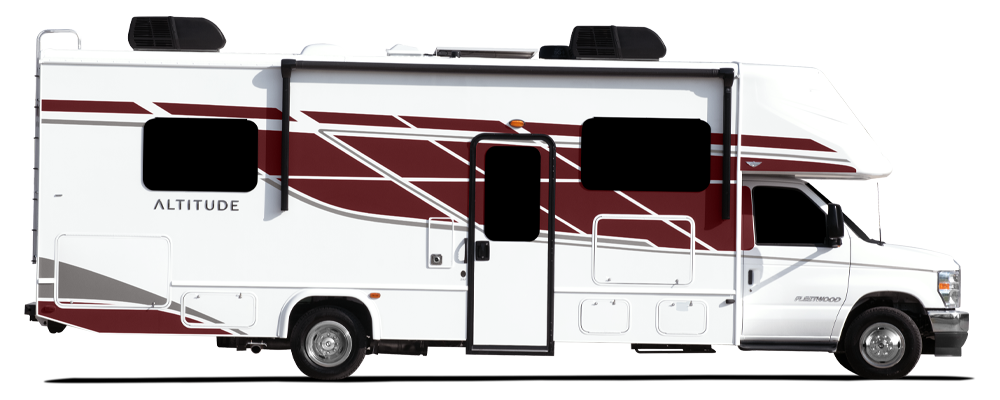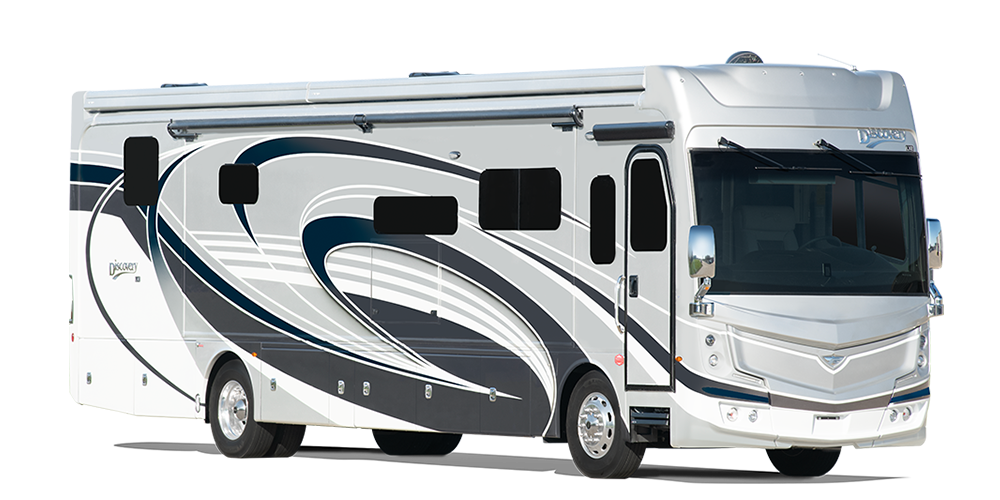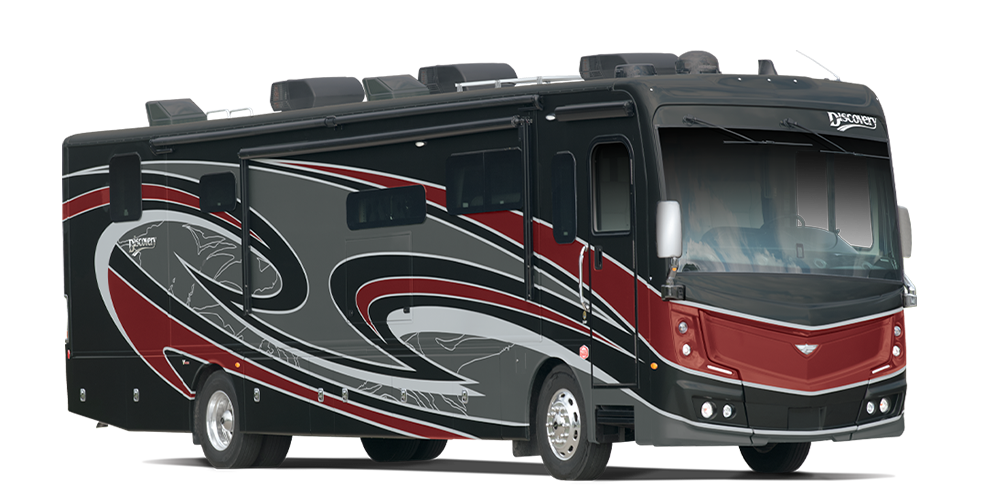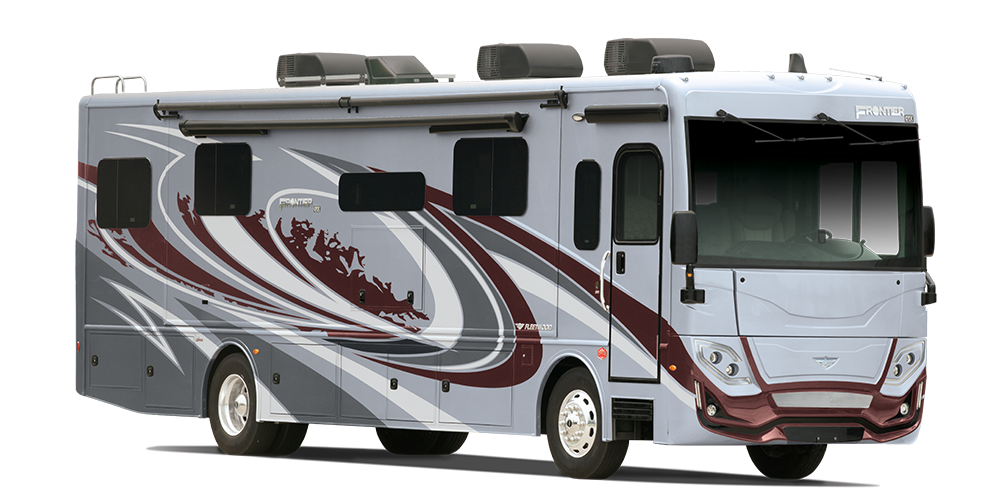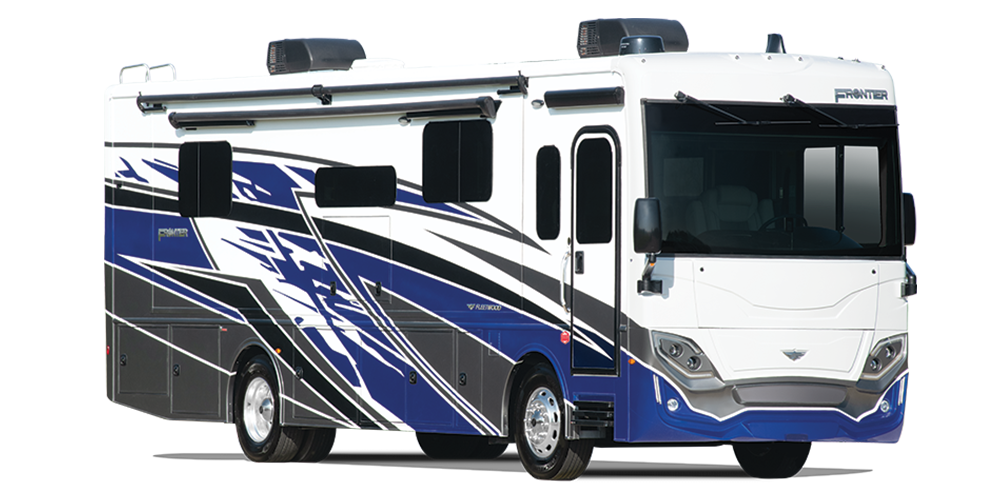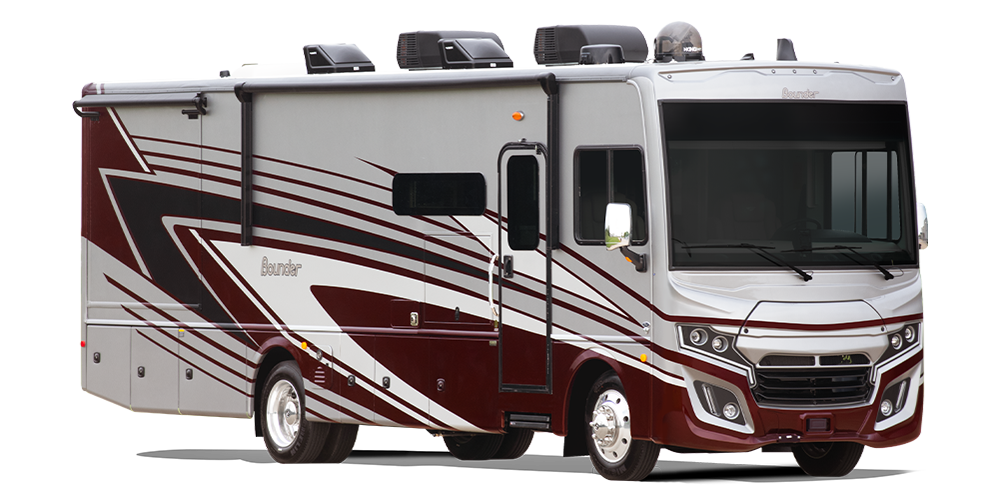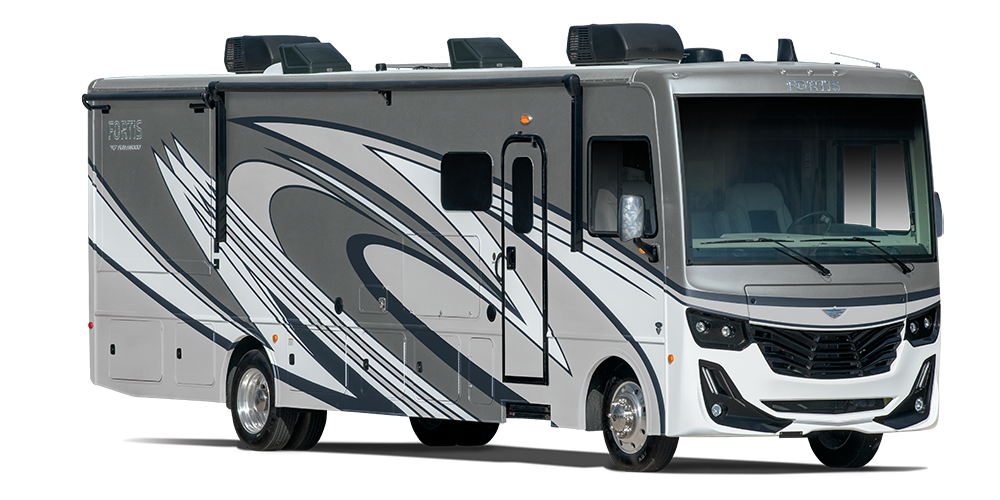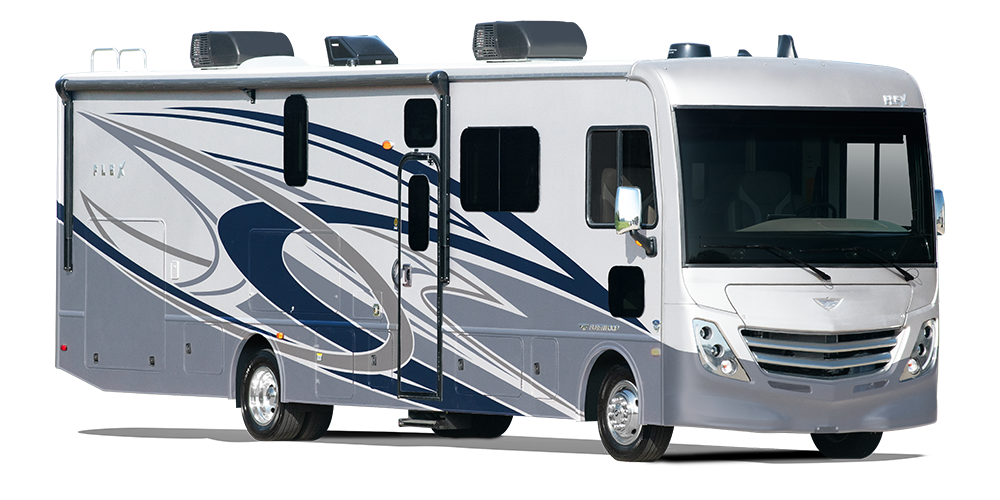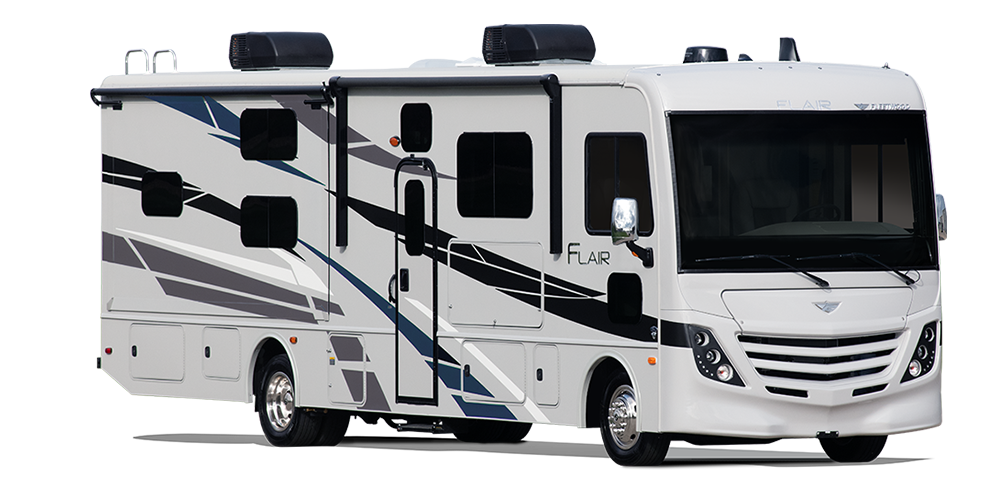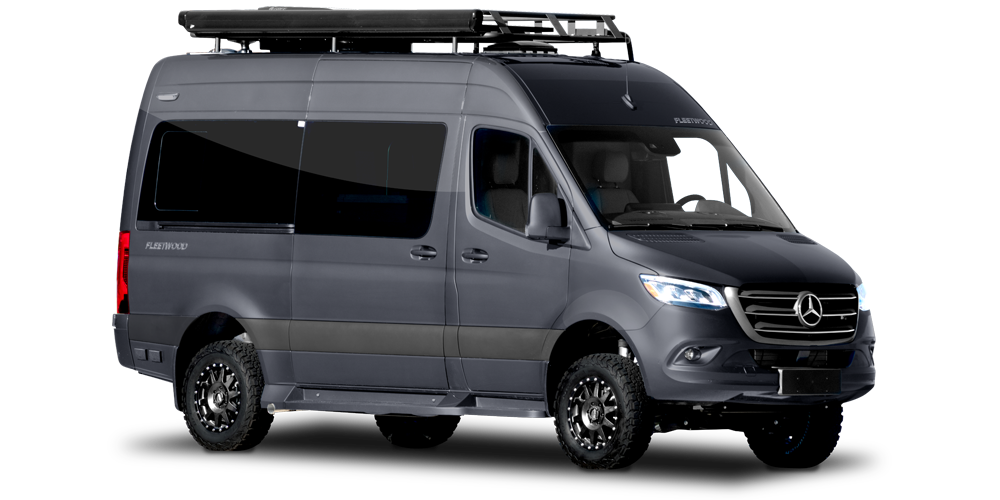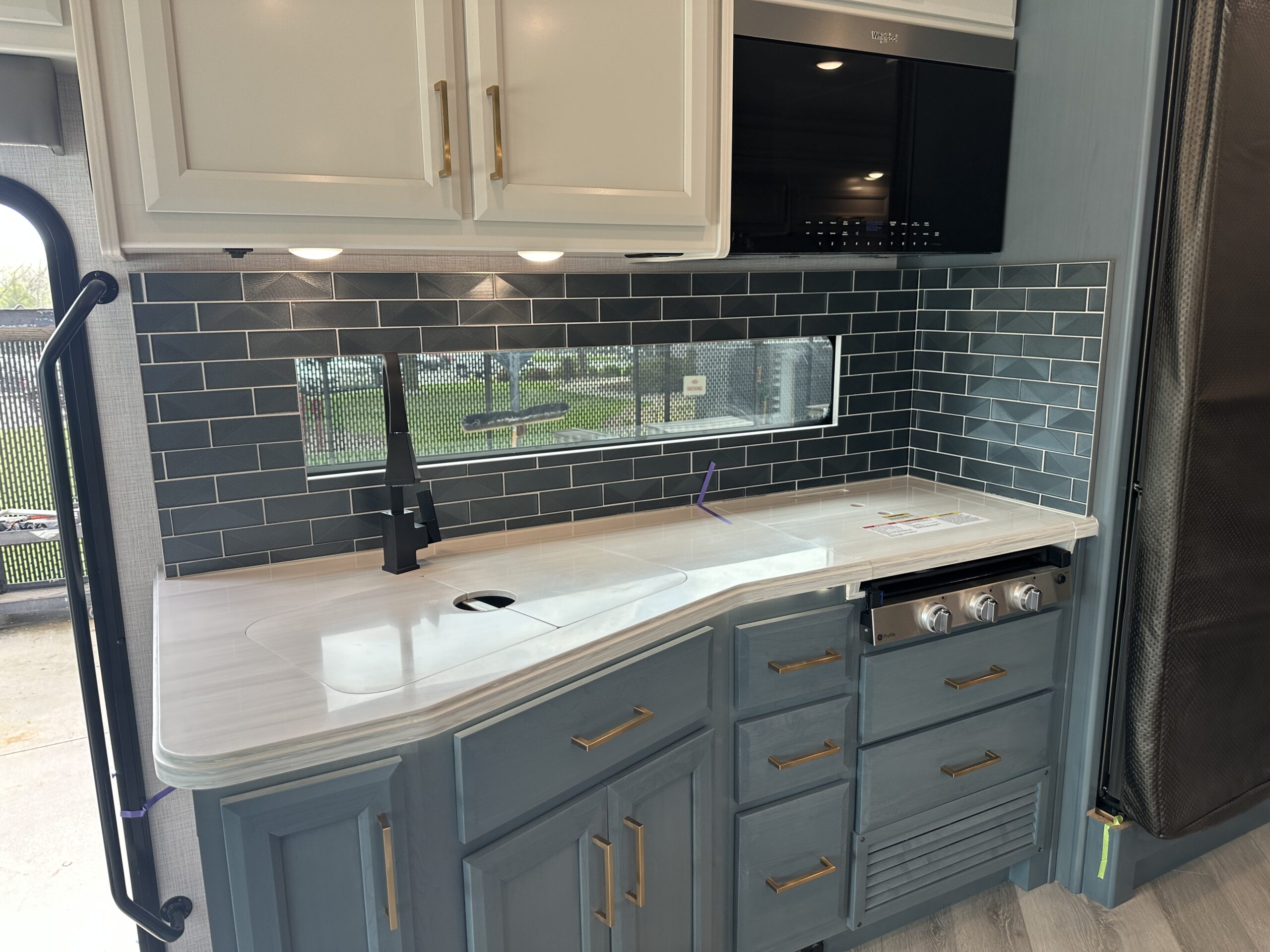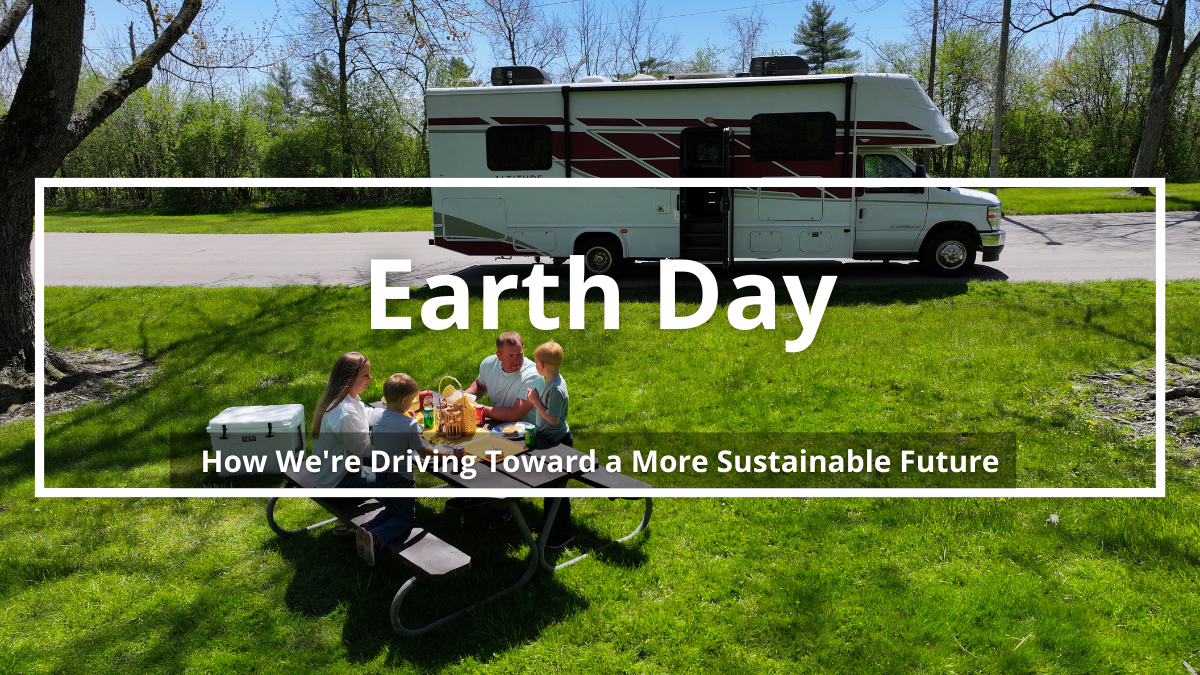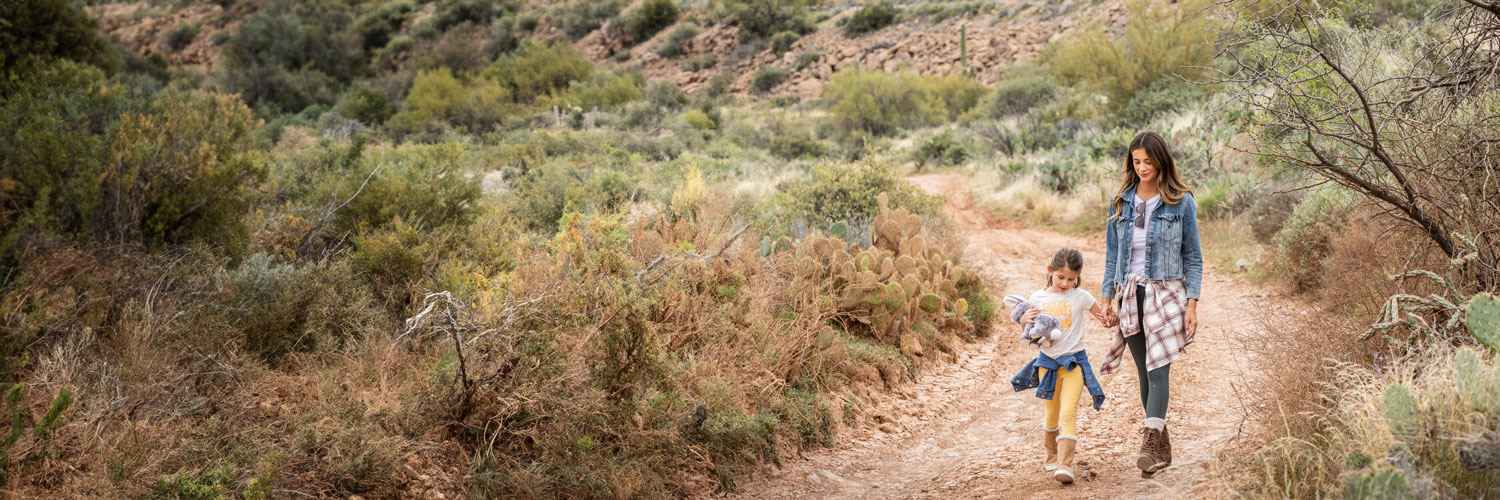Spring RV Travel
Ice, Snow, and Cold—Oh My!
It’s beginning to look a lot like Christmas…. just kidding. You probably gritted your teeth at that song, as our tolerance for winter starts to fray when March rolls around.
March is supposed to be about beaches, sun and the coming of spring — Spring Break, after all, takes place in March — and yet more often than we expect, March tends to be about snowy, cold or brisk, windy weather. Colorado’s snowiest month, for instance, is in March.
Unfortunately, traveling by RV in the winter is no picnic. Fleetwood RVs are tough enough to take on the severe requirements of winter, but that doesn’t mean you shouldn’t take the extra steps you’ll need to get ready for the rigors of late winter and/or early spring for your next RV trip, depending on how the groundhog sees it. Here are a few tips to safe RV travel in the unpredictable month of March.
Check your weather app
March features some of the most extreme temperature swings of the year, and it means many different things for many parts of the country. Las Vegas, for instance, will feel warm, but temperatures shouldn’t go above 90. Seattle features a 50 percent chance of rain practically every day. Colorado, as stated, may see snow throughout the month.
A weather app from the Weather Channel, Accuweather or Dark Sky, should keep you up to date on wherever you decide to travel, or you can still check with the National Weather Service. Remember to check both long-term and short-term forecasts, as the weather changes nearly every day in the spring.
Sweat the small stuff… or shiver
Hey, it may be sunny in March, all month, but you can’t count on that, and even in sunny weather, it still gets cold at night. So, here’s a Spring checklist for you.
- Check your windows and doors.
- Add some pink RV antifreeze to your black and gray water tanks and think about buying a heated water hose for your fresh-water hookup.
- Consider insulted curtains and windows, a small space heater for your water pump, and install RV vent cushions to prevent warm air from escaping.
- Install vent covers to help vent your RV but keep the warm air inside.
- Test your furnace as well, and make sure that a propane filling station is nearby and open or bring a couple extra tanks with you. You can also see if your campgrounds offer a bottle or two for rent.
- Finally, use duct tape over the top two out of three vent slots to prevent the gel from freezing and plugging up your refrigeration system.
Pack emergency items
In stormy or wintery weather, breakdowns are not only more likely, they are more dangerous, especially when you are RV camping. Here’s what you’ll need to have stored in your RV to be ready to survive in any conditions on your next RV vacation.
- Spare tires
- You may need snow chains or cables. It can’t hurt to have them in case you are in an area where you need them. Many tires are designed to handle all kinds of weather, but that may not cover more extreme situations.
- Extra blankets and clothing, including jackets, gloves, and hats. Don’t count on just a space heater to keep you warm. What if it doesn’t work?
- Sleeping bags rated for zero degrees
- A blow dryer to defrost pipes and tanks
- A stash of cash
- Extra food. Non-perishable food is probably best for this, unless you can remember to replenish the supply. Ready-to-eat meals or camping meals are good as well.
- A small, portable stove
- A few gallons of drinking water in a place where it won’t freeze
- A portable smartphone battery charger already fully charged
- A road map. Yes, they still exist (probably).
- Extra pet food
- Extra teenager food. This includes Doritos, Mountain Dew, and lots of Taco Bell.
Plans already made and checked
You don’t want to arrive at Walley World only to find out it’s closed for the winter, do you? Many RV parks and campgrounds do close for the winter. It’s OK to be spontaneous, but winter or early spring isn’t the best time for it.
Consider going without water for the winter
Yes, this means bottled water for brushing your teeth and using the bathrooms at rest stops or RV parks, but it also means not worrying about frozen pipes. Heat tape can help with frozen pipes, as well. You may also want to use a PVC pipe for your sewer hose. You really don’t want your black tank to freeze. Just trust us on this.
Most Popular Blogs
Celebrating Earth Day!
At Fleetwood RV, Earth Day isn’t just one day on […]
